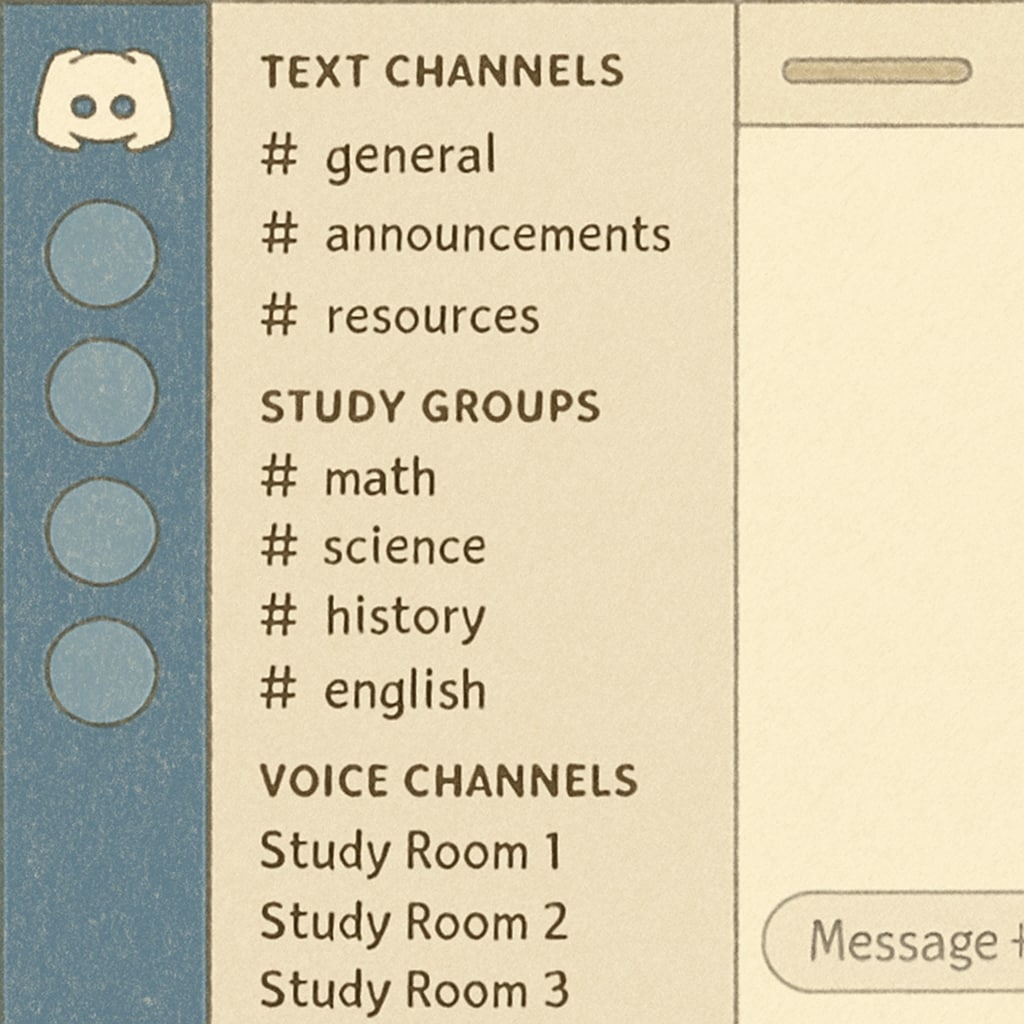In today’s educational landscape, fostering strong learning communities is essential for academic success. Platforms like Discord have emerged as powerful tools to facilitate study group collaboration among students, including those at the University of Houston (UH). These digital spaces encourage resource sharing, connectivity, and peer support, making them invaluable for K12 and higher education environments. By leveraging these tools, students can develop skills that prepare them for future academic and workplace collaboration.
Why Learning Communities Matter in K12 and Beyond
Learning communities are groups of students who come together to share knowledge, solve problems, and support one another academically. They play a pivotal role in K12 education, where collaboration fosters deeper understanding of concepts and enhances critical thinking skills. Moreover, these groups help students build interpersonal skills, which are crucial for navigating higher education and professional environments.
Research shows that peer-to-peer learning within study groups improves retention rates and boosts motivation. For example, when students collaborate on challenging topics, they not only learn better but also develop resilience and adaptability. This is particularly important for those transitioning to college life, such as at UH, where the ability to connect with peers in study groups can ease the adjustment period significantly.

Using Discord to Build Online Study Groups
Discord, originally designed for gaming communities, has gained traction as a versatile platform for academic collaboration. UH students, among others, have increasingly adopted it to create study groups tailored to their courses and interests. Its user-friendly interface and features such as voice channels, text chats, and file sharing make it ideal for organizing discussions and exchanging resources.
Here are some steps to effectively use Discord for study groups:
- Set Up a Dedicated Server: Create a server specific to your course or topic. Customize channels for different subjects or assignments.
- Establish Clear Rules: Define guidelines for respectful communication and resource sharing to ensure a productive environment.
- Schedule Regular Meetings: Use the event scheduling feature to set up recurring study sessions and maintain consistency.
- Invite Active Participants: Reach out to classmates who are willing to contribute and maintain engagement within the group.
By creating a structured and inclusive space, Discord can become a central hub for UH students to collaborate effectively and build lasting academic relationships.

Best Practices for Building Efficient Study Groups
To maximize the benefits of study groups, whether online or in-person, consider the following best practices:
- Diversity in Group Members: Include students with varying strengths and perspectives to enrich discussions.
- Defined Objectives: Set clear goals for each session, such as reviewing specific topics or preparing for exams.
- Active Participation: Encourage every member to contribute ideas and ask questions to foster a collaborative atmosphere.
- Resource Sharing: Use platforms like Google Drive or Discord to upload study materials and notes accessible to all members.
For example, a UH study group preparing for a chemistry exam might divide topics among members and reconvene to pool their insights. This method not only enhances individual understanding but also creates a comprehensive knowledge base for the group.
Preparing Students for Future Collaboration
Learning communities, especially those using online platforms like Discord, prepare students for the collaborative nature of modern workplaces. By engaging in these groups, students develop teamwork, communication, and problem-solving skills that are highly valued in professional settings. Additionally, the ability to navigate digital tools and virtual environments is increasingly important, as many industries rely on remote collaboration.
Encouraging students to participate in study groups during their K12 years and beyond provides them with a robust foundation for success. Universities like UH can further support this initiative by promoting platforms and resources that enable students to connect and thrive academically.
In summary, creating effective study groups and leveraging platforms like Discord can transform the way students learn and interact. These communities foster academic growth, interpersonal skills, and adaptability, setting the stage for lifelong success.
Readability guidance: Use short paragraphs and clear language to enhance accessibility. Incorporate lists to summarize key points and maintain a balance between active and passive voice. Distribute transition words evenly to ensure smooth flow.


